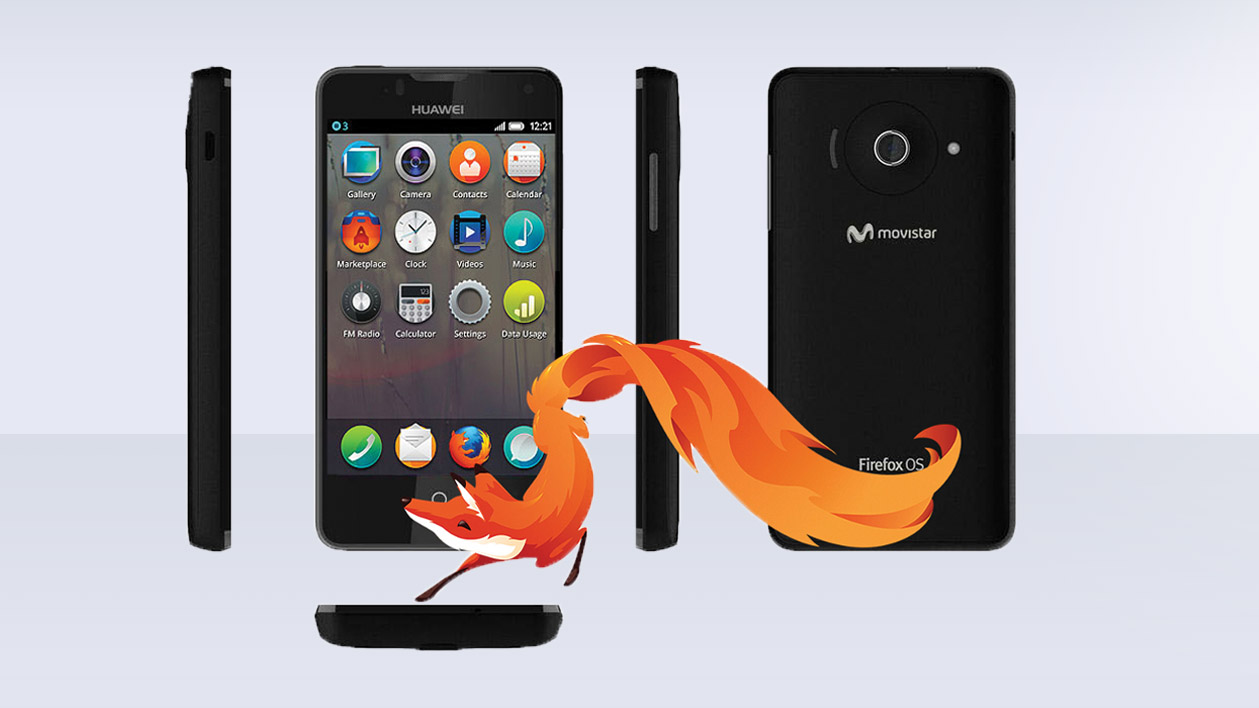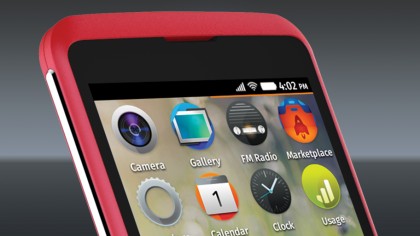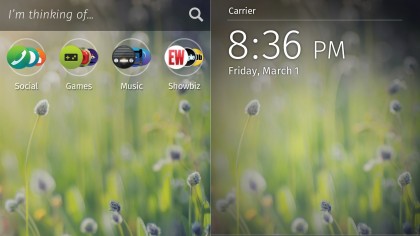Future proofing: Mozilla's top 5 technology predictions
The technology changes we should keep an eye out for over the next year

Sign up for breaking news, reviews, opinion, top tech deals, and more.
You are now subscribed
Your newsletter sign-up was successful
2014 has been one of the busiest years ever for Mozilla, the creator of Firefox.
Not only have we seen a new, refreshed browser but the company recently revealed it has created a full-blown HTML5 toolkit for developers and it is forging ahead with Firefox OS - an open ecosystem for phones that is set for the developing world.
Given this is a company at the forefront of technology, we thought it right to ask the experts at Mozilla what technology changes we should keep an eye out for over the next year and they came back with their top five predictions – now we just need to wait and bide our time to see if they become reality…
1 Unlocking the mobile ecosystem
The mobile ecosystem has been often interpreted as a fairly closed market dominated by a few key players: Android, iOS and the Windows Phone.
Open alternatives like Firefox OS will gain traction across multiple devices (from smartphones to tablets to TVs) and bring new capabilities that were previously only possible on the desktop.
These truly open alternatives to the three dominant smartphone OS platforms will break down the walls that lock people into incompatible platforms and make content easier to share across devices.

2 Open ecosystem will grow
Many players have widened the mobile and web arena, fostering trends of innovation within the ecosystem.
Sign up for breaking news, reviews, opinion, top tech deals, and more.
Mobile leaders including Deutsche Telekom, Telefonica, Telecom Italia and Telenor launched their first Firefox OS powered smartphone handsets (Alcatel One Touch and ZTE Open) in Europe and Latin America respectively. More devices, markets and partners will follow soon.
This year we will see more industry leaders join the open ecosystem and bring more devices based on the open web to market.
3 Beyond the smartphone
More devices than ever are becoming internet-enabled: it's estimated that there will be 30 billion wirelessly connected devices in 2020, three times as many as today.
These are moving beyond the smartphone to clever gadgets including wearable technologies such as smartwatches and fashion accessories.
Fuelled by web and app developments, there will be more expansions from the smartphone towards smart 'things' that leverage HTML5 and web technologies. At CES this year, Panasonic announced a partnership with Mozilla to release next-generation smart televisions powered by Firefox OS.

4 More developers
Creating mobile apps powered by web technologies will become significantly easier and millions more app developers will start to code in HTML5.
The number of mobile app developers building for Firefox OS is set to triple over the next year driven by the ease of developer participation – they do not need to learn a different programming language or new form factors to create applications for.
The adoption of mobile web standards and APIs across the industry will provide access to more device capabilities such as cameras, SMS, Near Field Communications (NFC), Location and Bluetooth.
5 The rise of gaming
The gaming industry will start to develop and distribute more commercially successful games over the web using open technology. Video chat and content sharing will become more accessible through the browser, without the friction associated with plugins.
These will all create new opportunities for personalising and enriching the online experience. Watch out for titles powered by the Java optimised Unreal Engine 4 running in Firefox.

Marc Chacksfield is the Editor In Chief, Shortlist.com at DC Thomson. He started out life as a movie writer for numerous (now defunct) magazines and soon found himself online - editing a gaggle of gadget sites, including TechRadar, Digital Camera World and Tom's Guide UK. At Shortlist you'll find him mostly writing about movies and tech, so no change there then.